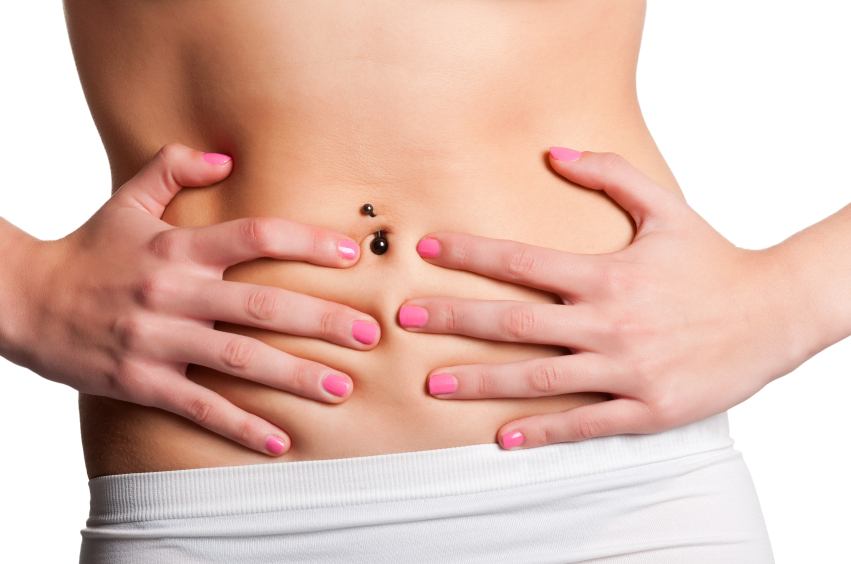The Significance of Thyroid Nodules
A thyroid nodule is an abnormal growth of thyroid cells that create a small lump in the thyroid gland. Oftentimes they go unnoticed, especially if they are small. Nodules are very common, in fact about half of the adults over 60 have them. Most are non-cancerous, but less than 10% contain cancerous cells and need to be removed. Rarely, nodules can increase production of thyroid hormone, in which case they have the potential to contribute to hyperthyroidism.
Nodules are often associated with Hashimoto’s thyroiditis (the most common cause of hypothyroidism). Nodules are believed to be caused by




